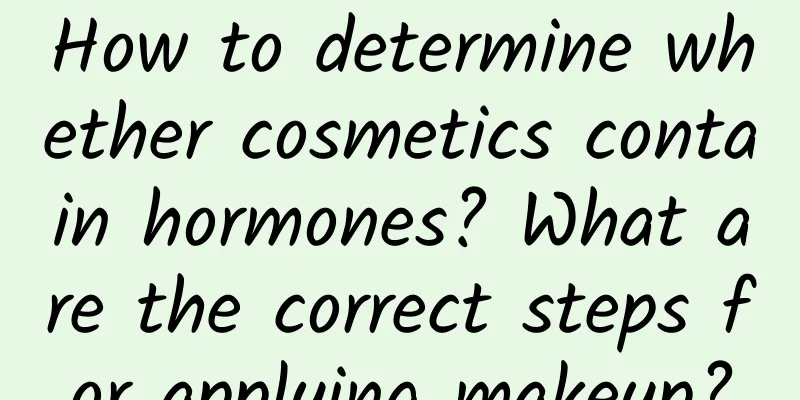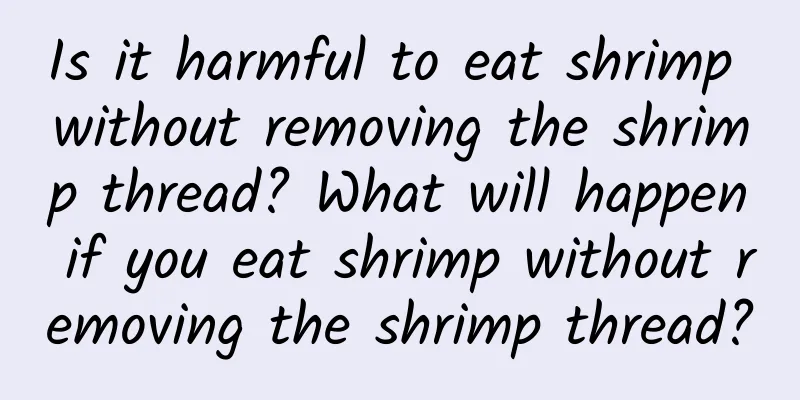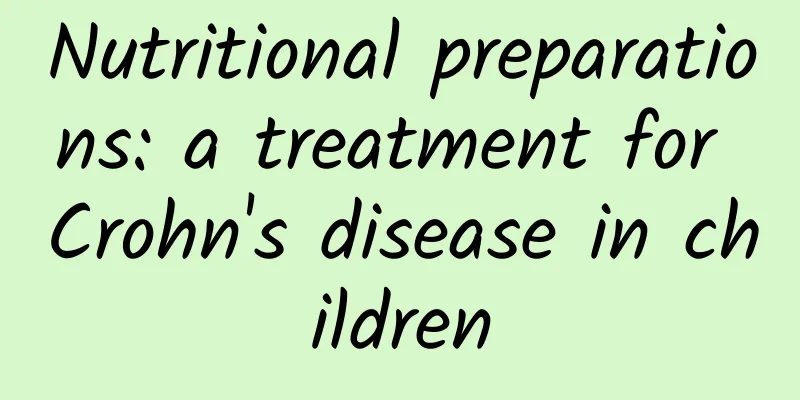What age is the nine-valent vaccine suitable for?

|
As society develops, there are more and more types of cancer and the incidence rate is getting higher and higher. But there is also good news for many women. Cervical cancer in women can be prevented through vaccination and regular screening. The earlier it is detected, the higher the cure rate. This is the first time that humans have prevented a cancer through vaccination, which is of great innovative significance. Before getting vaccinated, everyone should learn about relevant medical knowledge and not blindly follow the trend. HPV vaccination is a reasonable way to prevent cervical cancer Data from the World Health Organization show that there are 500,000 new cases of cervical cancer and 250,000 deaths each year. Cervical cancer is the second most common gynecological cancer among Chinese women. Every year, 132,000 women are diagnosed with cervical cancer and more than 53,000 die from the disease. The actual number may far exceed this data. 99.7% of cervical cancers are associated with carcinogenic HPV. Both men and women can be infected with the HPV virus. The peak infection periods for women are between 30 and 36 years old and between 46 and 50 years old. If the infection continues, it may develop into cervical cancer. After the full HPV vaccination in Australia, the incidence of cervical precancerous lesions was reduced by 50%. What age groups are suitable for the nine-valent cervical cancer vaccine? Currently, there are three types of cervical cancer vaccines: bivalent, quadrivalent and nonavalent. The nine-valent cervical cancer vaccine launched in 2014 is produced by Merck and is suitable for men and women over nine years old. It can effectively prevent HPV6, 11, 16, 18, 31, 33, 45, 52 and 58 types, and can prevent 90% of cervical cancer, 85% of vaginal cancer, 80% of cervical lesions, 90% of genital warts, 95% of anal cancer, vulvar cancer, genital warts, persistent infection caused by HPV, precancerous lesions or atypical sexually transmitted diseases, etc. Although HPV vaccination can effectively prevent cervical cancer, it is not 100%. At this time, it is necessary to cooperate with cervical cancer screening to nip the disease in the bud. In daily life, carry out healthy and safe sex life, do HPV testing regularly, pay attention to hygiene to avoid cervical erosion and other cervicitis symptoms, all of these can reduce the incidence of cervical cancer. |
<<: What color are pubic lice eggs?
>>: Does the nine-valent vaccine hurt?
Recommend
What to do if a girl has breast pain
There are many reasons why girls experience breas...
I put the medicine in my vagina and I had a lot of yellow discharge.
In order to effectively relieve diseases such as ...
Is a small bump on my pubic hair a sexually transmitted disease?
There is a small bump on the pubic hair. When thi...
What should I do if a little girl has menstrual disorders?
Little girls usually get their periods during pub...
Pregnant women with hypothyroidism
It is normal for pregnant women to experience hyp...
Explanation of why vaginal odor is so severe
What's the matter with strong vaginal odor? R...
What will happen if you have sex one month into pregnancy?
One month into pregnancy, some pregnant women may...
What is the cause of the itchy left nipple?
Breasts have special meanings for women. However,...
What are the precautions after artificial insemination?
Artificial insemination is a relatively common me...
How is syphilis transmitted?
Syphilis is a serious infectious disease that is ...
What does breast calcification mean?
Breast calcification means that solid calcium dep...
How long after a biochemical pregnancy can you have sex?
Chemical pregnancies are common among women of ch...
Will you really squint if you sit on the side?
Every time the school season starts, the parent g...
Fibrocystic Breast Disease
Fibrocystic breast disease is a relatively common...
Can't get pregnant after several miscarriages
In the event of an unexpected miscarriage, if you...






![[Fat Bear Science Popularization] Friends who have moles around you, if you have the following 5 symptoms, you need to be alert to malignant melanoma!](/upload/images/67f1eccae3843.webp)


